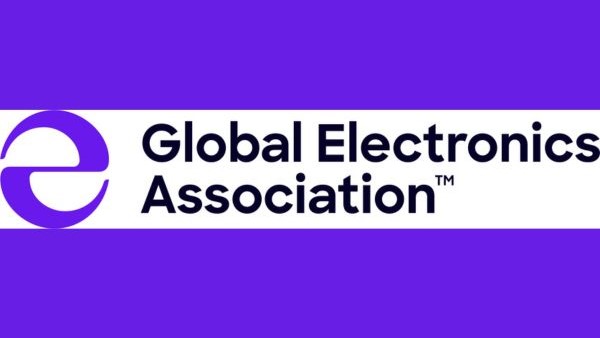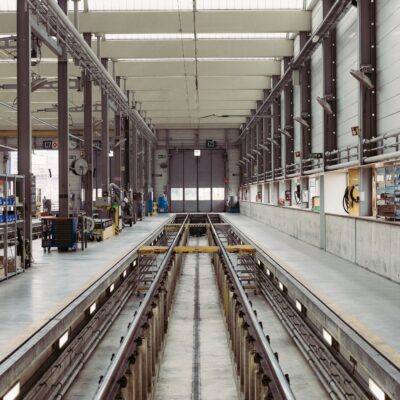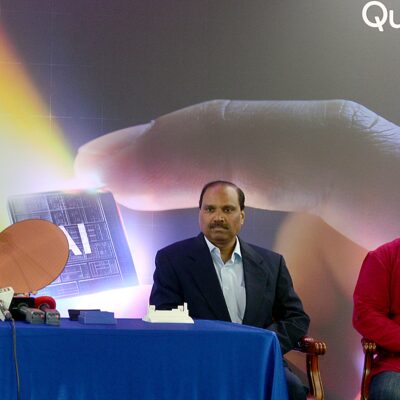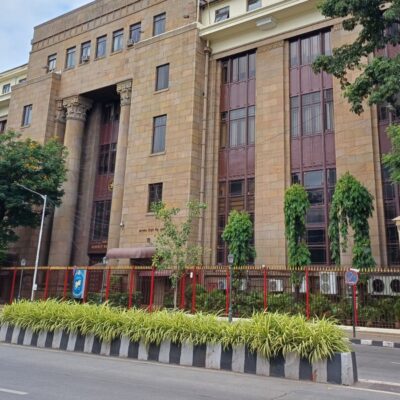
Bengaluru: Marking a major shift in global industry representation, IPC has officially rebranded itself as the Global Electronics Association, signalling its evolution from a printed circuit board-focused body to a unified voice for the entire electronics ecosystem.
Announced recently, the transformation reflects the Association’s expanded scope in driving innovation, supporting global trade, and reinforcing the resilience of electronic supply chains. With the tagline “Better Electronics for a Better World,” the Association now represents over 3,000 member companies and collaborates with thousands of partners and governments worldwide.
Tom Edman, Board Chair of the Global Electronics Association and President & CEO of TTM Technologies, said the change reflects the industry’s rapid transformation.
“The electronics industry has fundamentally changed. We’re no longer just about PCBs. We are enabling AI, autonomous vehicles, next-generation communications, and much more,” Edman said. “With this new identity, we aim to deepen partnerships, attract investment, and minimize global supply chain disruptions.”
The Association plans to increase resources for global advocacy, policy influence, and industry insight development, while continuing its legacy of setting internationally recognized standards through the IPC brand.
Its education arm, previously known as the IPC Education Foundation, has also been renamed the Electronics Foundation, reaffirming its commitment to solving the sector’s growing talent gap.
Global trade at the heart of transformation
Coinciding with the launch, the Association released a landmark study on global electronics trade flows. The study underscores the industry’s central role in world trade, with electronics accounting for over $4.5 trillion in 2023 — more than one-fifth of all global merchandise trade.
Key highlights include:
- Electronics supply chains are now more globally integrated than any other sector, surpassing even automotive in complexity.
- Trade in inputs such as semiconductors and connectors now exceed that of finished goods like smartphones and laptops.
- Leading exporters — including China, Vietnam, and India — are also among the largest importers of components, illustrating the deep interdependence that defines the modern electronics ecosystem.
Dr. John W. Mitchell, President and CEO of the Global Electronics Association, said the findings offer critical insights for policymakers and industry leaders alike.
“Resilience, not self-sufficiency, is the key to competitiveness in the electronics age. No company or country can operate in isolation,” Mitchell said. “Our Association stands ready to lead collaborative efforts that ensure a stable, innovative, and secure global electronics supply chain.”
A truly global footprint
With operational hubs in India, China, Germany, Japan, Korea, Malaysia, Mexico, Belgium, Taiwan, and the United States, the Global Electronics Association supports members across the entire value chain — from semiconductor and PCB manufacturing to assembly, harnesses, equipment, and materials.
The rebranding positions the Association to speak with one voice for an industry that is now indispensable to the world’s technological, economic, and strategic future.




